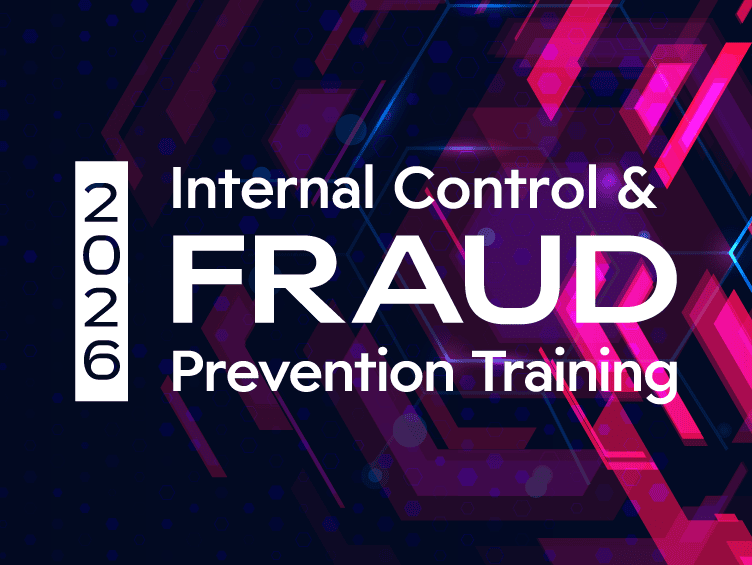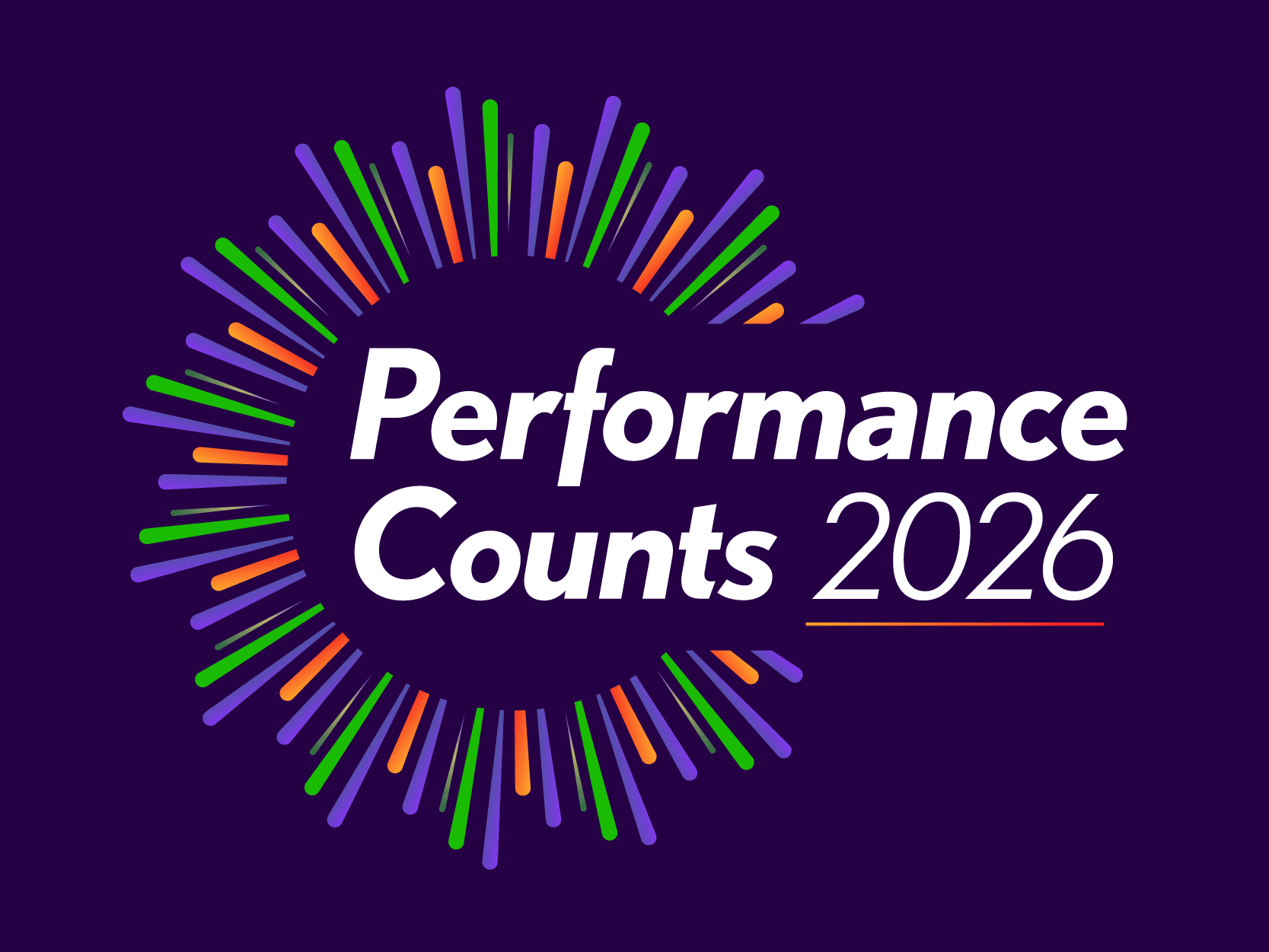About AGA Chapters
Chapters are the heart of AGA, connecting government accountability professionals nationwide. With 80 chapters, members gain access to networking, professional development, and leadership opportunities. Chapters host local events, training sessions, and workshops, offering valuable learning experiences and CPE credits.
Members can also connect with peers, mentors, and industry leaders while giving back through community service and student outreach. Joining a chapter means exclusive events, leadership roles, and a supportive professional network.
When you become an AGA member, you can select up to four local chapters to engage with—find your nearest chapter and view our chapter dues chart to learn more about what your local chapter requires. Don’t see one in your area? Consider forming a new chapter!



